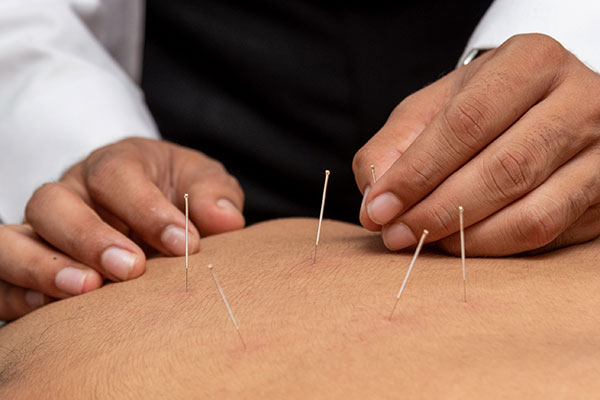
How Acupuncture Enhances The Effectiveness Of Addiction Treatment
There are many ways that addiction treatment programs can help those recovering from substance abuse. Acupuncture therapy is a unique of these pathways. This ancient Chinese medicine has gained popularity as it is used in modern day addiction treatment. The following will explain how acupuncture can be integrated into addiction recovery programs to enhance their effectiveness.
Acupuncture and Addiction Recovery
This method involves inserting slender needles onto different parts of the body. It aims at stimulating the self-healing properties of the individual. The method is used in addiction treatment programs to help deal with withdrawal symptoms such as cravings. This targeted approach focuses on points that have an impact on the nervous system and brain functions.Acudetox also helps to alleviate anxiety and stress, both of which may be triggers for relapse.
Managing Withdrawal Symptoms through Acupuncture
Withdrawal symptoms may be one of the most difficult obstacles in recovering from addiction. Nausea, migraines and mood swings are some examples of such symptoms that patients go through. Acupuncture improves relaxation while also restoring body balance hence relieving these symptoms thus allowing someone ease withdrawal off harsh substances like opium or alcohol.The early days become more manageable with less scariness because the severity of its side effects tends to decline.
Improved Emotional State
Recovering from an addiction is more than just getting over physical dependence; it means dealing with emotional and psychological aspects too.Acudetox plays a significant role here.By affecting neurotransmitter systems within the brain, acupuncture can lead to happier moods and greater emotional stability.This would be especially useful for people who have depression or worry problems since these often accompany addictive behavior.Some patients report feeling more centered or focused after receiving acupuncture treatment, which helps them achieve their overall goals during therapy.
Complementary Goals for Treatment
The inclusion of acupuncture therapy in substance abuse programs related to overcoming drug dependency supports all-round therapeutic initiatives.Because other techniques may fail to address specific concerns, this course adds value.Cognitive behavior therapy (CBT), for example, helps individuals change their thought process while this method manages the emotional and physical side effects of addiction.The approach is inclusive of the various components of an individual’s path to recovery.
Case Studies and Evidence
A number of studies and case reports have shown that acupuncture can be helpful in addiction treatment. Many articles published in journals such as Journal of Substance Abuse Treatment have documented these results.Patients who received acupuncture alongside typical methods had less desire to continue using or go through withdrawal pains, according to a study conducted.Therefore, it is possible that traditional therapies are enhanced by acupuncture as a supplemental mode of treatment in order to provide additional support during recovery.
Conclusion
Acupuncture treatment offers a unique and beneficial addition to addiction treatment programs. This holistic method finally aims at minimizing withdrawal syndrome, enhancing emotions besides supporting overall treatment goals.Though it cannot substitute for conventional approaches, it complements them. It offers adjunctive therapy solutions which help patients attain more stability throughout better relapse prevention. As the field progresses in its understanding of addiction treatments, one aspect that continues to stand out is how important acupuncture is on recovery paths.



















